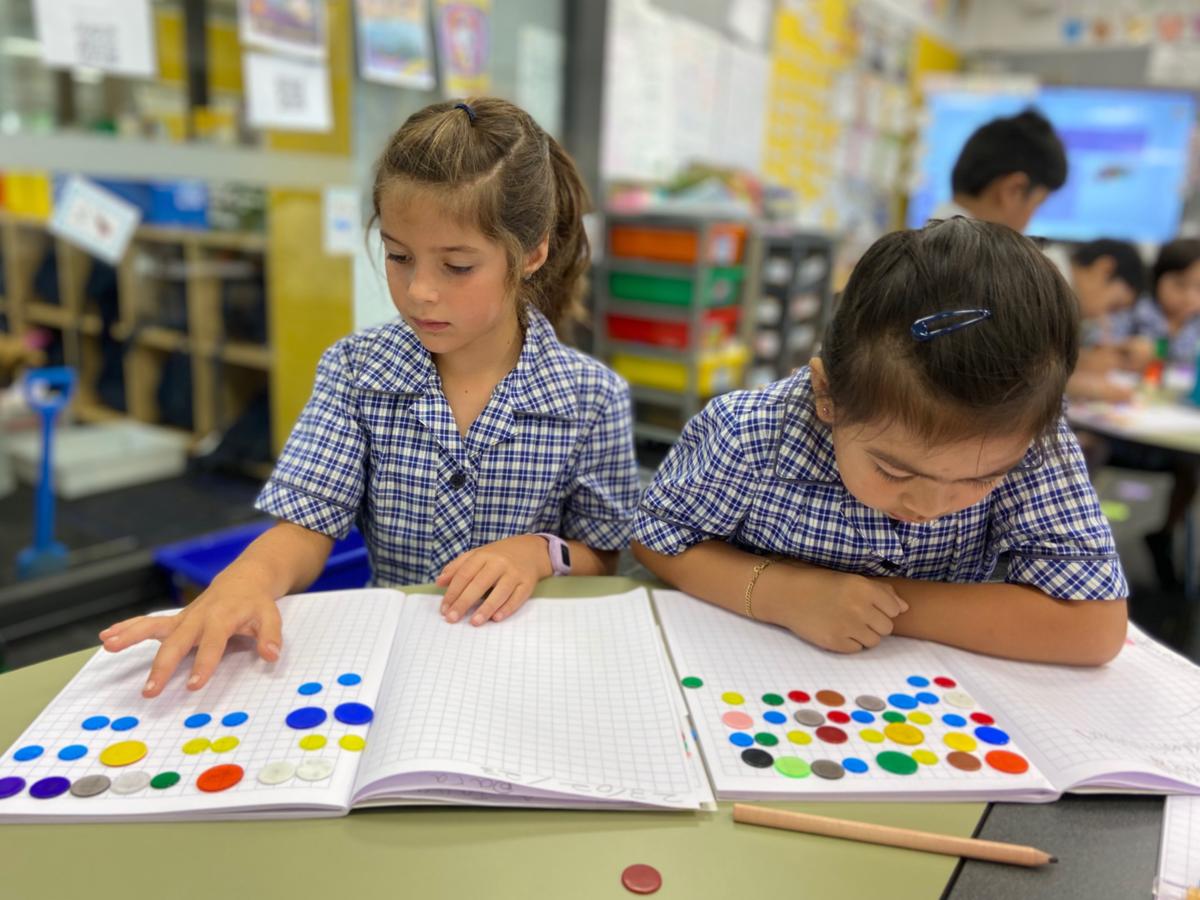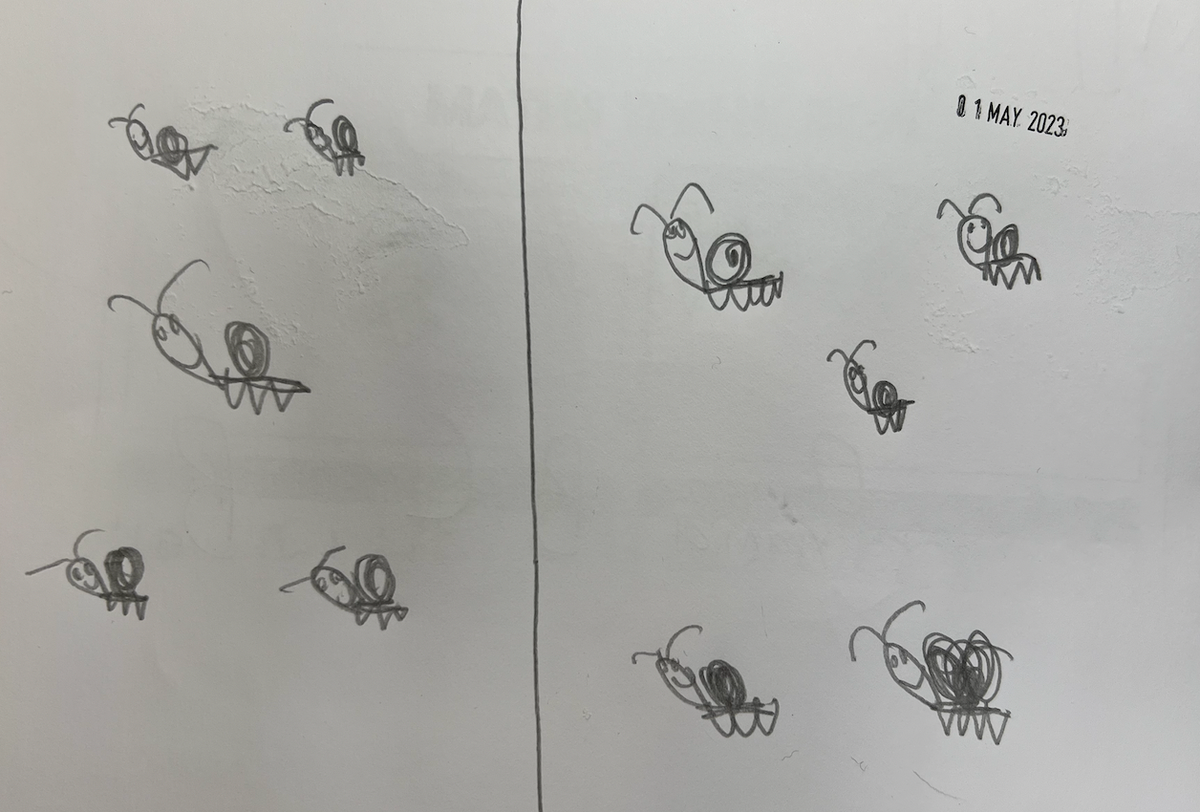Learning and Teaching News

Maths is everywhere
Maths is vital in our world today and is a huge part of our daily lives. If you stopped and reflected on your day, you would be amazed about the amount of mathematical thinking and reasoning you apply in your everyday life;
- estimating how long it will take to drive somewhere,
- working out the cost of the items in your trolley,
- calculating how many litres of petrol you will get if you spend $50.00 and the cost of petrol is 1.25 a litre
- problem solving, how many 5 cups of flour when you only can find your ¼ cup
These are just a few of the problems we face daily and without thinking we use our mathematical knowledge to solve them.
Certain qualities and dispositions are developed when learning Mathematics.
They are:
- reasoning,
- creativity,
- abstract or spatial thinking,
- critical thinking,
- problem-solving ability
- finding patterns
- developing effective communication skills.
The teaching of mathematics has changed over time and it is taught very differently now to how we were taught at school.
We focus on teaching our students to develop proficiency in four key areas, understanding, reasoning, fluency and problem solving. Further information on the mathematics proficiencies can be accessed here.
Spotlight in Prep
In Prep, the students are practising counting collections of objects. They are learning about counting objects only once (not double-counting items), in a systematic way and being able to explain the system they use. They are learning to recognise, name and model numbers to 20.
The students are exploring how numbers are structured. If you ask your child what they’re learning about in Maths, they might talk about subitising or part-whole.
Subitising (“soo-bi-ti-zing”) is the ability to look at a small number of objects and instantly recognise how many there are without needing to count. If we think about the dot pattern on the dice, we can instantly recognise there is 6, as we can see that there are 3 dots and 3 dots.
Subitising is a critical part of number development. Practising subitising with your child helps to build up visual images for numbers, which in turn will help them to learn number facts. It also helps save time and helps to develop more complex number and counting skills later.
Here are some of their work samples from this week. The students were asked a question and they had to draw how they would count this efficiently.
Take a look at some of their representations.
Tips for at home….
You could practice this with your child, by counting the number of spoons in the cutlery drawer, the number of teddies in the toy box or whatever you have in your house! Before your child counts the collection, ask: how many spoons do you think there are? After you count, you could ask: was there more or less than what you predicted? What is one more? One less? Count as much as you can with your child!
Play board games where dice are used. Simply playing board games with a 6 sided dot dice will assist children in developing their subitising skills…. And it’s a lot of fun to have with the family!
A game of dominoes is another example of a great game where children can develop their substituting skills and connect numbers with quantities.
Coming Soon - Maths Parent Information Night - Tuesday 6th June 2023
We are so excited to invite you to our Maths Parent Information Night and Student Maths games night on Tuesday the 6th of June.
We urge all parents/carers to come along and attend a fun and informative evening with mathematics expert Michael Minas. He will highlight what you can be doing to help your child thrive as a young mathematician. While parents/carers are learning about how we teach math in the classroom students will be involved in mathematical games with our expert teachers in the classrooms.
A night not to be missed. More information will be provided over the coming weeks.
Elise Coghlan
Co-Deputy Principal | Literacy & Numeracy Leader | Visible Learning Leader
Denise Kelly
Co-Deputy Principal | Learning & Teaching Leader






